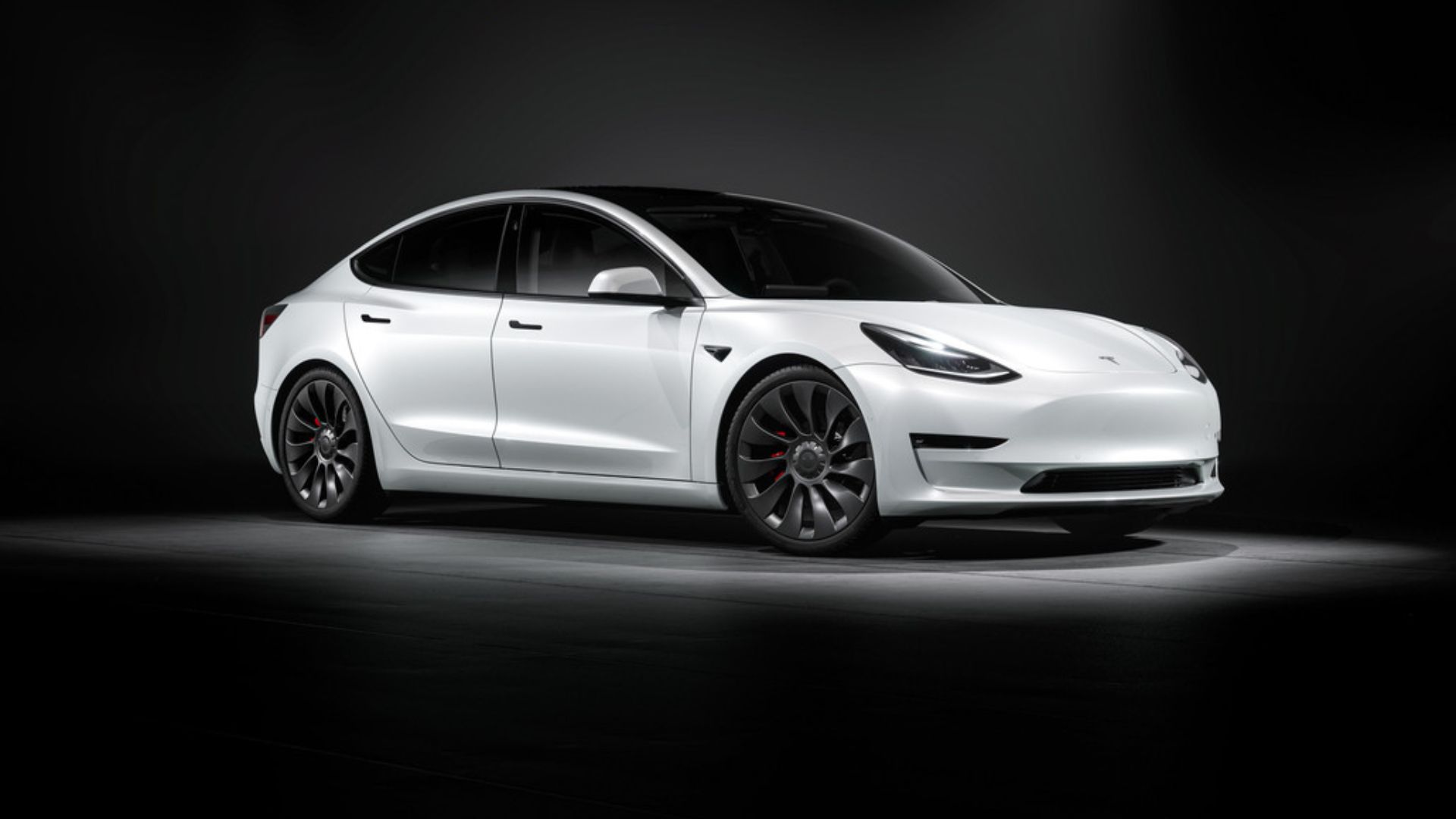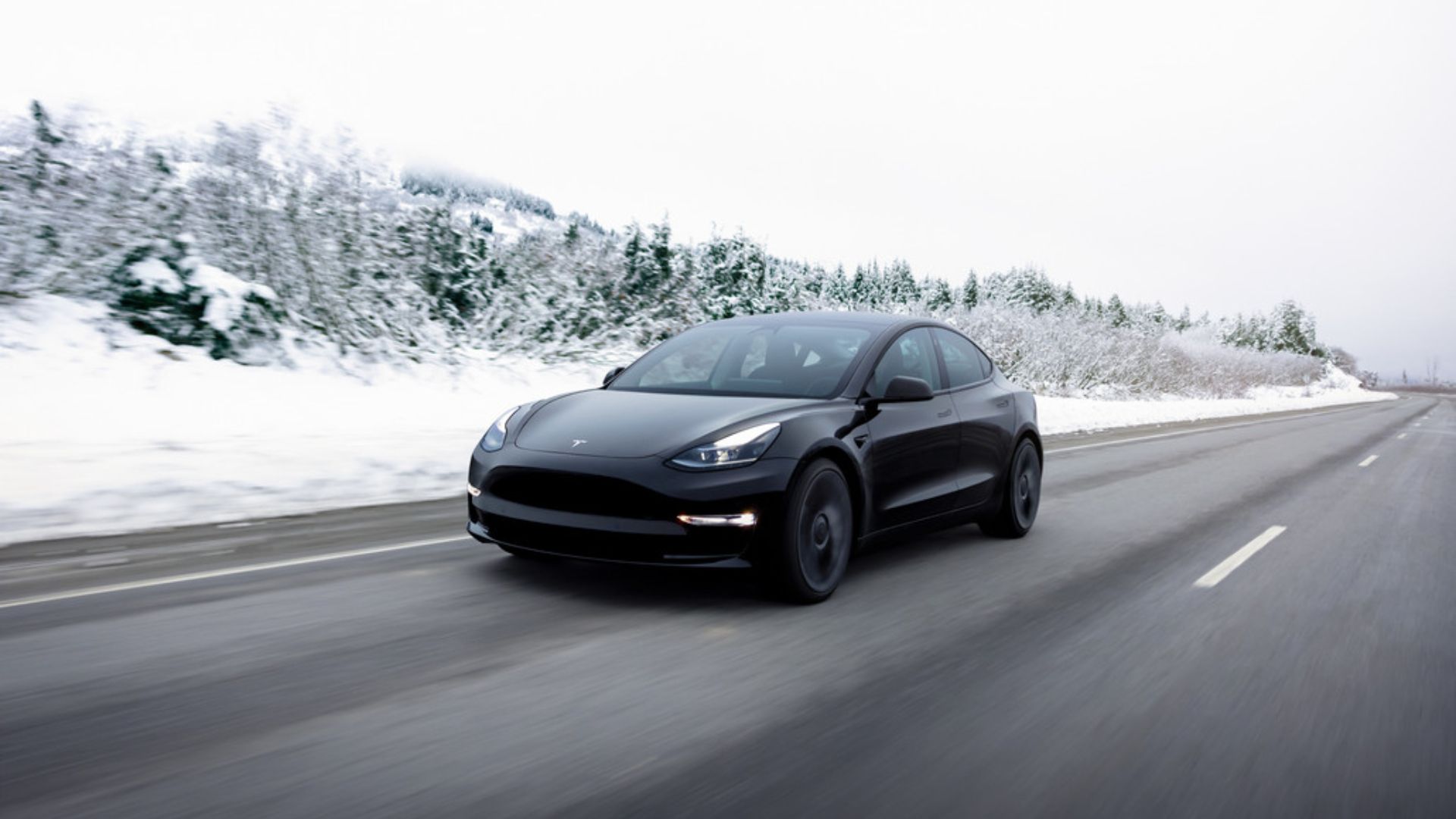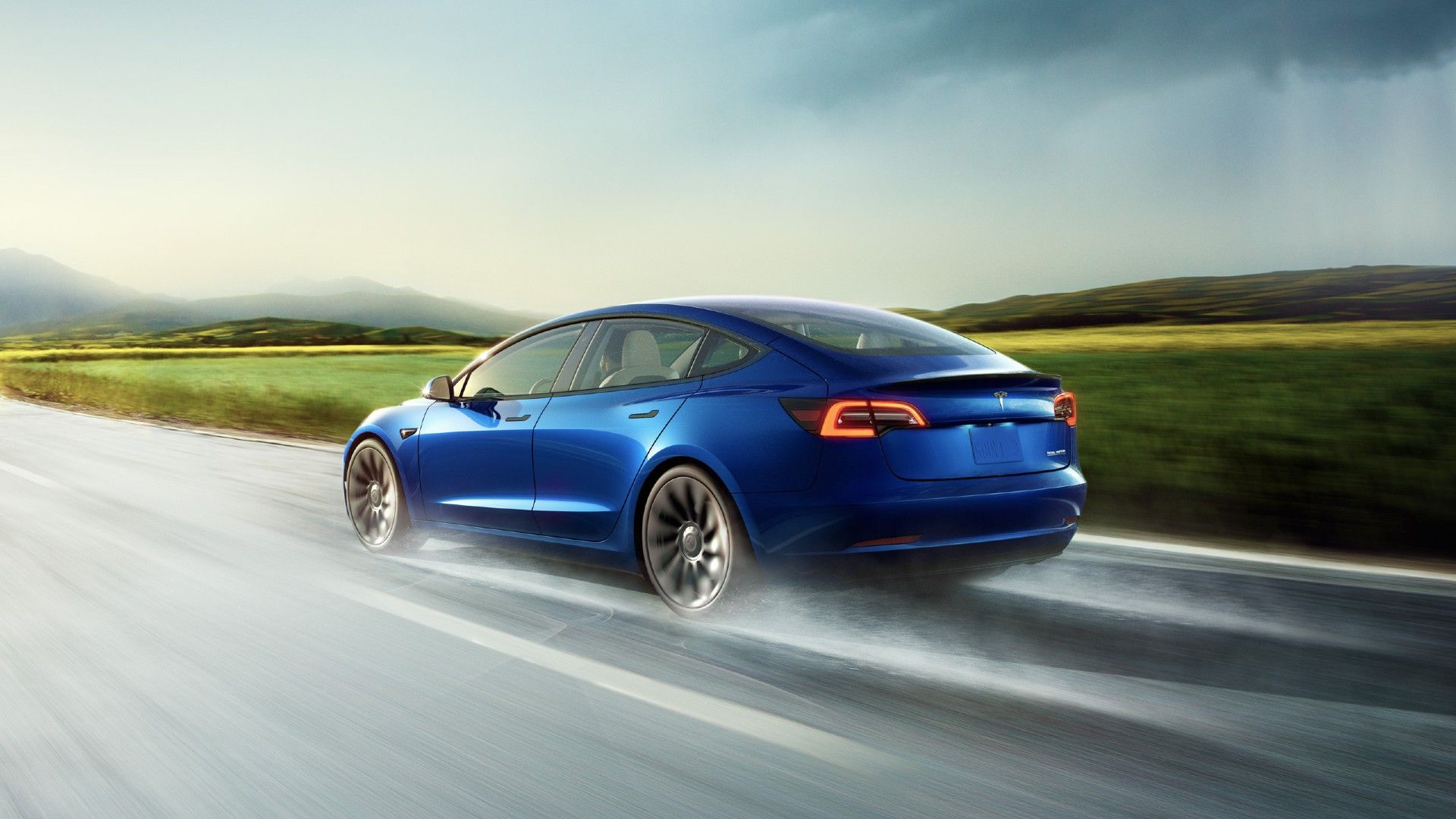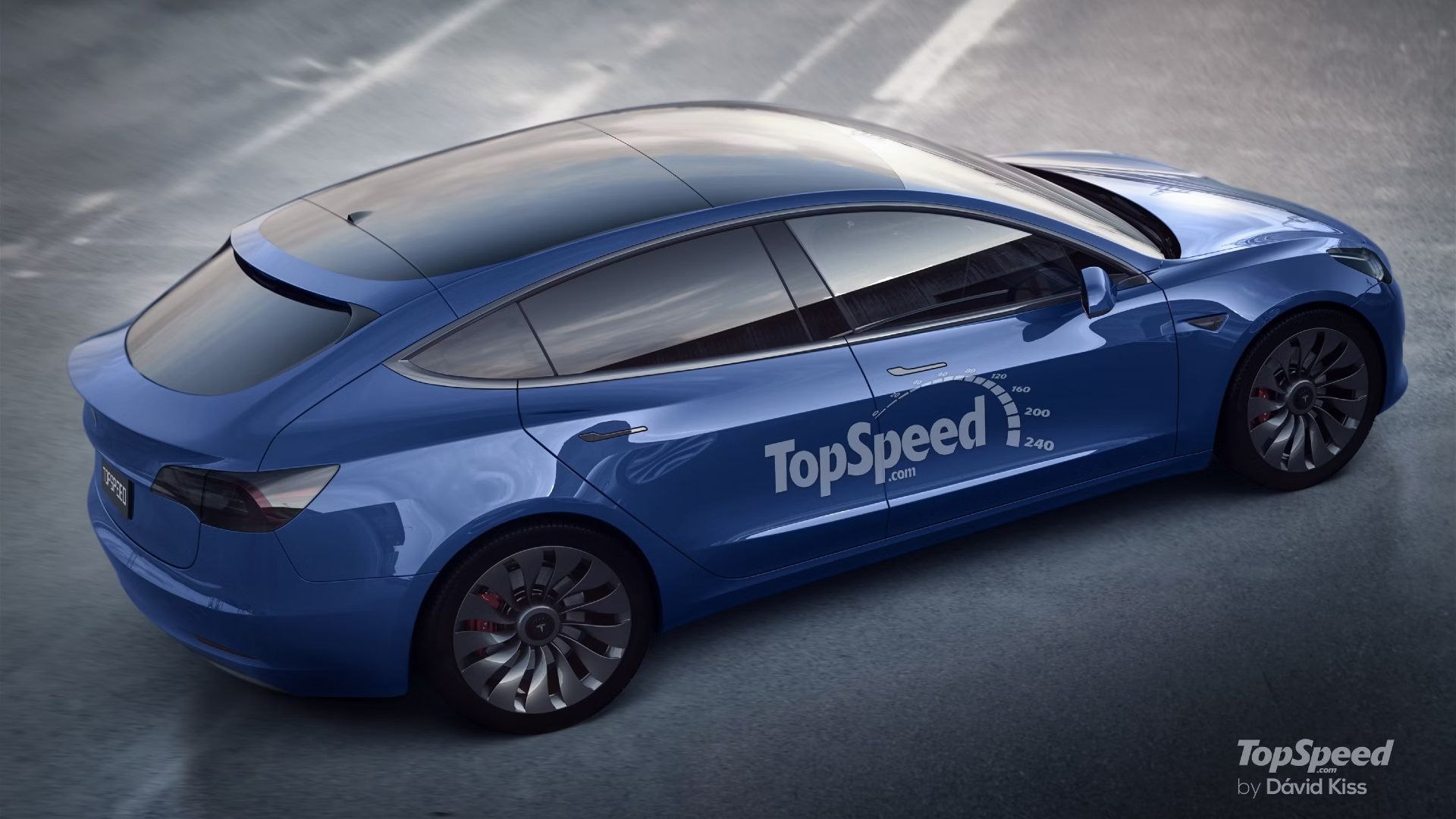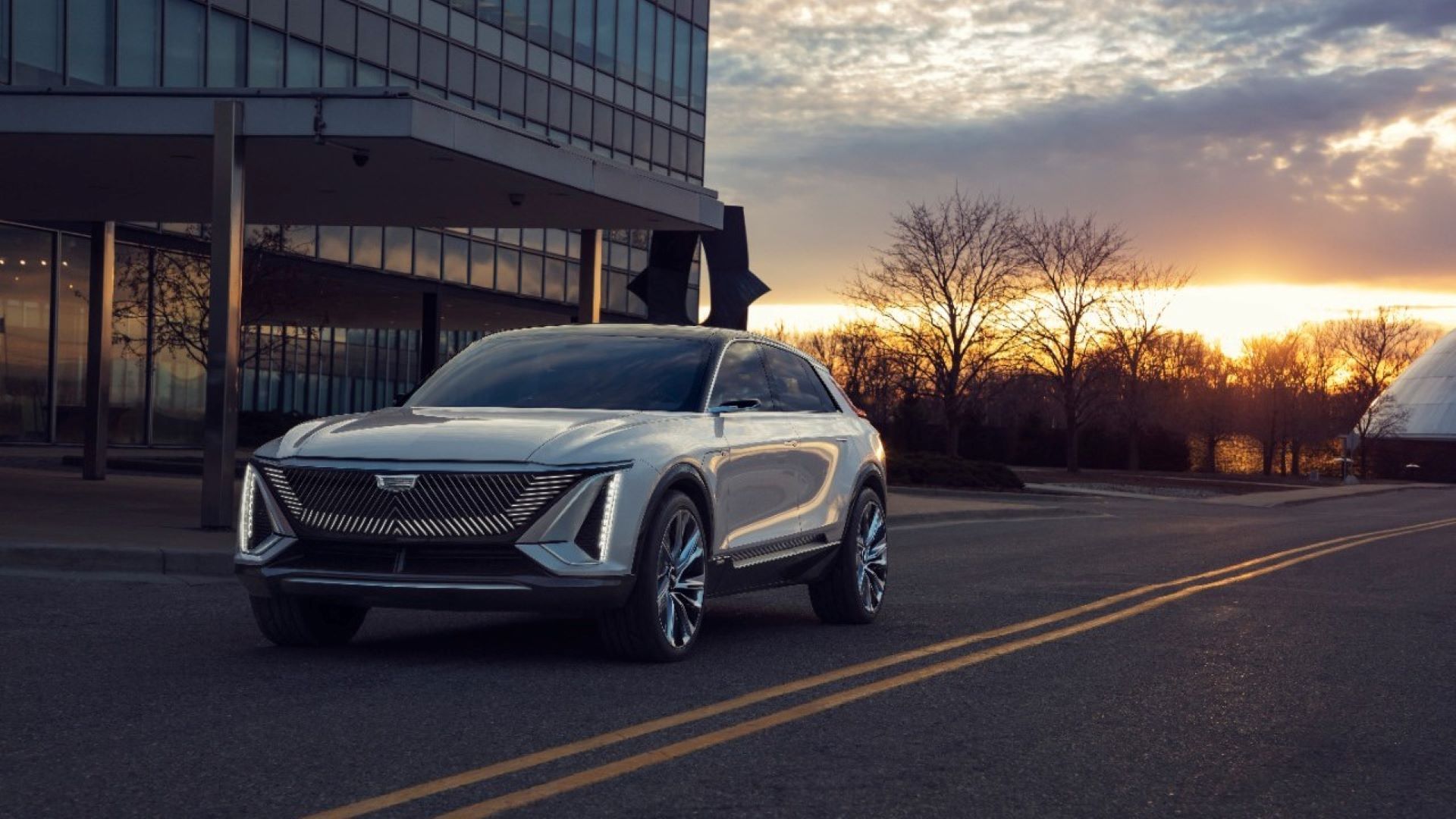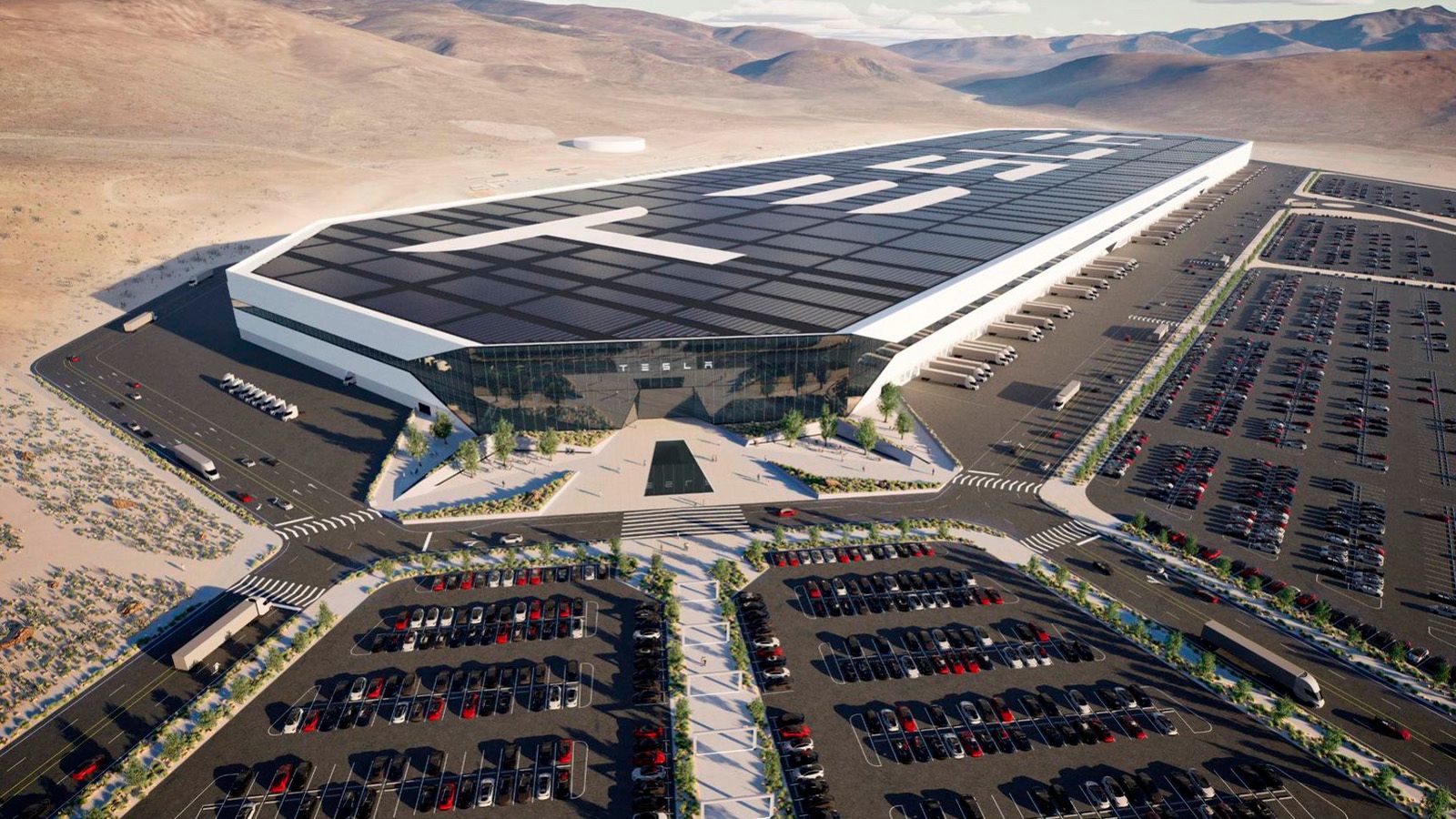Tesla has been changing its prices frequently as of late in what seems to be an ongoing price war among electric vehicles (EVs). It's a move that they are able to do since they're now a profitable brand. Each car it has recently sold had high margins, and in a bid to further increase Tesla's market share, the American EV company is ready to sacrifice its margins for the short term. But it isn't just Elon Musk who is ready to introduce price cuts to its Tesla models. The state of Colorado is set to be a haven for future EV owners, and once this bill is implemented starting on July 1, owning an EV at various price points will be a lot more attainable.
A Tesla Model 3 For Compact SUV Money? Count Us In!
EVs are more expensive than their internal combustion engine (ICE) counterparts because the technology is new and batteries are expensive. To help alleviate this, Governor Jared Polis recently signed HB23-1272, Tax Policy That Advances Decarbonization. This bill aims to increase and extend the state's EV tax credit for passenger cars, and electric medium and heavy-duty trucks. This bill also creates a new state-wide point-of-sale incentive for e-bikes as well as expanding tax credits for in-home heat pumps.
With Colorado's EV tax credit, the state's incentives will be increased from the current $2,000 to $5,000 for vehicles with an MSRP of up to $80,000, effective from July 1, 2023. At this point, you're probably wondering whether this overrides the $7,500 federal tax credit from the Inflation Reduction Act and American Recovery Act that incentives consumers to buy new EVs and home appliances. The good news here is, it doesn't! Therefore, if you're going to buy an EV at that price point, get ready to earn back $12,500 upon purchase, assuming the consumer and the EV they'll purchase satisfy both conditions.
Currently, the 2023 Tesla Model 3 has a base price of $40,240 for the rear-wheel drive (RWD) Standard Range model with no options at all. However, only the Model 3 Performance qualifies for the full $7,500 federal tax credit, while the Standard Range and Long Range only get the $3,750 federal tax credit because their batteries don't meet the sourcing requirements. Doing the math, the Model 3 Standard Range costs just $31,490, while the Long Range, which has an MSRP of $47,240, will only set you back $38,490.
But wait, there's more! If your budget for an EV is smaller, you're set to benefit from more tax incentives. Starting on January 1, 2024. If you're buying an EV that has an MSRP of under $35,000, you won't just benefit from the state's $5,000 tax incentive, but an additional tax credit of $2,500 as well. Under the best-case scenario, this means that a consumer living in Colorado who buys an eligible EV can earn back a total of $15,000 outright upon purchase of an affordable EV.
About That Rumored Affordable Tesla EV...
This is where things get even more interesting. As Tesla continues to improve and lower the costs of its manufacturing, that long-rumored affordable Tesla is gaining more traction as we speak. Aimed to sit below the Model 3 and Model Y, the upcoming affordable Tesla is set to be priced from $25,000 to $30,000. With the aforementioned Colorado state incentives and the federal tax credit from the Inflation Reduction Act, that future affordable Tesla could be priced at $10,000. This will effectively make the upcoming affordable Tesla that most affordable new car you could buy, as well as the most affordable EV--assuming of course you live in Colorado. That rumored Tesla EV is set to take shape as a compact passenger car, and so while it may not be in the crossover SUV format that seemingly everyone wants nowadays, a cheap Tesla hatch or sedan will still send shockwaves in the industry and bring huge sales to the brand. After all, if there's one brand that has the ability to make any vehicle appealing, that would be Tesla.
What EVs Are Set To Benefit?
The good news here is, unlike the Inflation Reduction Act, all EVs qualify for Colorado's $5,000 state incentives, whether it's a South Korean-made Kia or a German-built BMW. Of course, the full $12,500 won't be experienced if the EV you will purchase doesn't benefit from the Inflation Reduction Act. If you're curious, the vehicles that will qualify for the combined $12,500 federal and state tax credits include the Cadillac Lyriq, Chevrolet Blazer EV, Chevrolet Equinox EV, Chevrolet Bolt, Chevrolet Silverado EV, Ford F-150 Lightning, and Tesla Model Y. As mentioned, only the Tesla Model 3 Performance qualifies for the full federal tax credit of the Inflation Reduction Act. The Model 3 Standard Range and Long Range, and the Ford Mustang Mach-E only quality for half because their batteries did not meet the sourcing requirements, but as more battery factories are being built in the United States, we can expect more EVs to benefit from the federal tax credit.
Apart from these American brands, the Hyundai Motor Group (HMG) recently broke ground for the construction of a new battery and EV manufacturing plant located in Savannah, Georgia--the same state where the South Korean automotive giant already has a factory for its ICE-powered vehicles. The manufacturing plant will meet HMG's goals of selling more than three million EVs annually by 2030. The Kia EV9 and Hyundai Ioniq 7, both of which are massive three-row EVs that have been designed with American buyers in mind, are set to be manufactured in this state-of-the-art facility that's destined to start operating in the first half of 2025, but before that, the EV9 and upcoming Ioniq 7 will be made in South Korea.
As a reminder, the Inflation Reduction Act aims to reduce the cost of EVs by incentivizing those that are made in America and whose battery also has a high content of American-sourced parts. While this benefits consumers to some degree, it's also a political move that will shift the balance of power in the global EV race--especially since China is responsible for nearly 70 percent of global battery assembly.
But, That EV Tax Credit Won't Last Forever
As with life, the only things that are certain are death and taxes. Incentives, likewise, won't be forever as more EVs finally roam our roads. The full $5,000 and additional $2,500 state tax credit of Colorado will only be good until January 1, 2025. Past that, the state tax credit will begin to drop incrementally until 2029. Lastly, and I'm sure this will most likely be a common question, nope, you can't simply jump from Colorado's neighboring states and buy your EV there. To qualify, you actually have to be a taxpayer in Colorado and not just own property there to be considered a resident. This is a measure that will prevent residents from other states from abusing this privilege.
Unfortunately, while Hyundai and Kia are set to have their EVs and their batteries produced on American soil in the coming years, those factories probably won't be online until 2025. By then, if you live in Colorado and you are really hellbent on purchasing a Hyundai or Kia EV instead of an American one, you won't be able to fully reap the benefits of the state's incentives.

